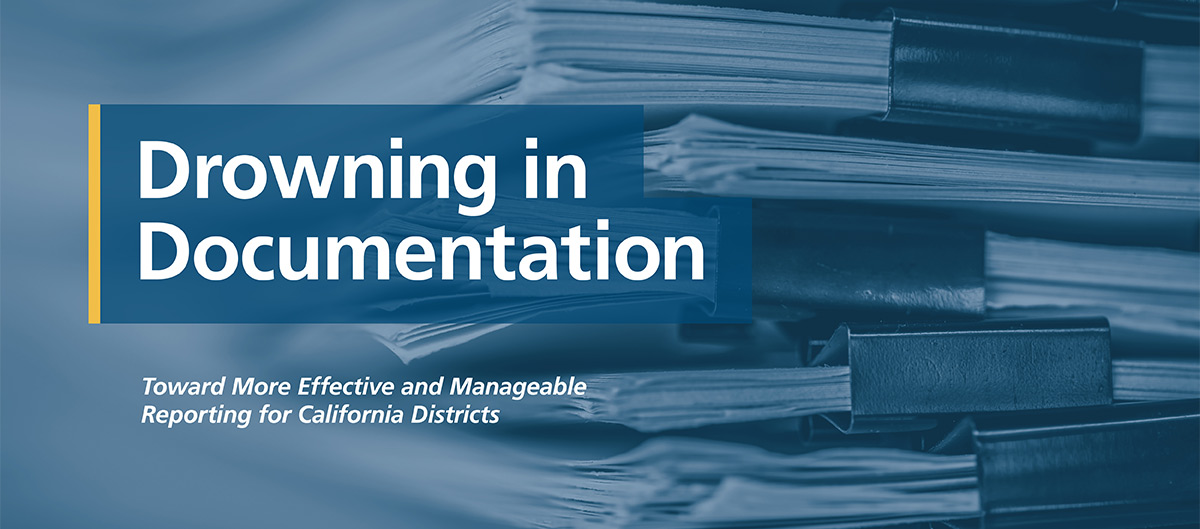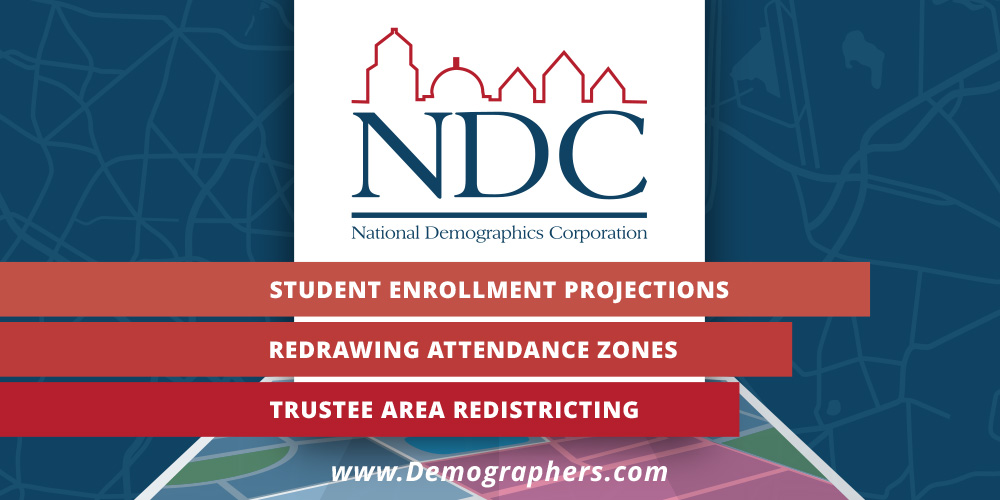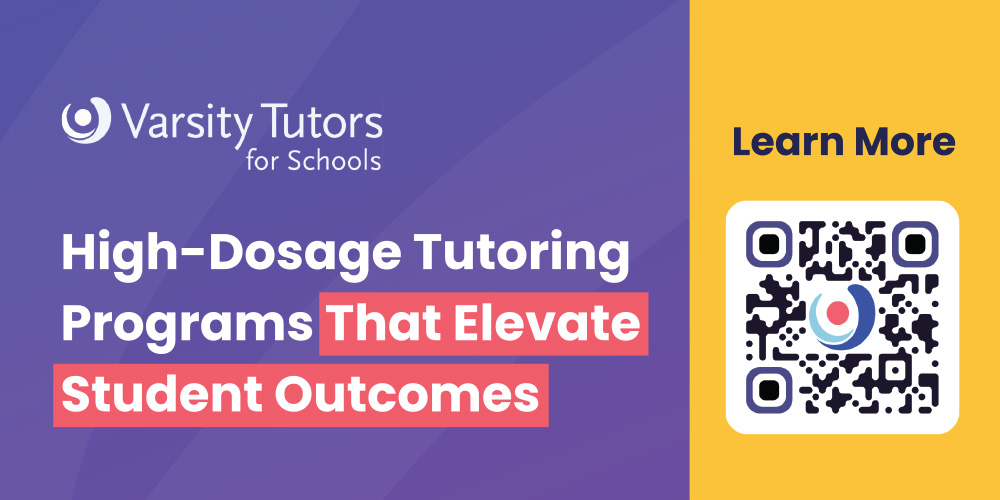Most notably, among the measures acted upon by the Governor were three CSBA priority bills. Two co-sponsored legislative measures, which were signed into law in late September, and a bill CSBA vehemently opposed, which was vetoed.



Troy Flint | tflint@csba.org
Editorial Director:
Kimberly Sellery | ksellery@csba.org
Staff Writers and Contributors:
Alisha Kirby | akirby@csba.org
Heather Kemp | hkemp@csba.org
Chris Reefe | creefe@csba.org
Barbara Laifman | blaifman@csba.org
Dana Scott | dscott@csba.org
Marketing & Communications Director:
Monica Griffis | mgriffis@csba.org
Graphic Design & Branding Director:
Kerry Macklin | kmacklin@csba.org
Senior Graphic Designer:
Amanda Moen | amoen@csba.org
President:
Albert Gonzalez | Santa Clara USD
President-elect:
Bettye Lusk | Monterey Peninsula USD
Vice President:
Debra Schade | Solana Beach SD
Immediate Past President:
Susan Markarian | Pacific Union ESD
CEO & Executive Director:
Vernon M. Billy
News and feature items submitted for publication are edited for style and space as necessary.

President’s Message: Albert Gonzalez
For the past 16 years, I’ve been privileged to network, learn from and collaborate with an incredible group of leaders who are dedicated to the same ideals and driven to ensure that every student has a chance at a good education and success in college, career and civic life. My time as a Santa Clara Unified School District trustee and CSBA member has exposed me to so many people who believe, as I do, that we must destroy the idea of demography as destiny. In its place, we are striving to build an education system where a student’s zip code is not predictive of their outcomes and where each generation of children has more opportunity than the one before it.
“I want to be clear — our lawsuit is not to blow up the whole education budget. We are focused on one issue in a 200-plus page budget that opens the door for further manipulation of Proposition 98,” said CSBA CEO & Executive Director Vernon M. Billy in a special CSBA webinar covering the lawsuit. “The voters intended for Prop 98 to provide an objectively determined minimum level of education spending each year that would essentially insulate schools from arbitrary manipulation. CSBA’s focus, now and in the future, is to ensure the integrity of Prop 98 and that schools in the state receive the resources they are guaranteed by this initiative.”

Second round nominations closed on Oct. 20, and there were no new candidates nominated for either office.

CSBA’s Delegate Assembly is a vital link in the association’s governance structure. Working with local districts, county offices of education, the Board of Directors and officers, Delegates ensure that the association reflects the interests of school districts and county offices of education. In addition, they elect CSBA’s officers and Board of Directors, adopt the Policy Platform and the Bylaws, serve on committees and provide advocacy on behalf of public education and boards of education.

From November through February, school boards have an opportunity to delve into LCAP progress with a midyear review, which is crucial for maintaining alignment with the district’s strategic goals. During this period, governance teams can assess whether they are on track to meet their targets, and they can review data on student performance, fiscal updates and program developments. By holding study sessions or workshops dedicated to LCAP progress, board members can gain deeper insights and engage in meaningful conversations with staff, fostering a collaborative environment that helps keep the district accountable.
In 2022, Gov. Gavin Newsom signed into law the California Indian Education Act, which encourages local educational agencies to create California Indian Education task forces that include representatives of area Native American tribes and educators to talk about mutually concerning issues; share the government, history and culture of local tribes; and develop relevant curriculum and classroom materials. Assembly Bill 1703 also requires LEAs to identify achievement gaps between Native American and non-Native American students and establish strategies to narrow them.
Attendance Works, a nonprofit organization that focuses on reducing chronic absenteeism, has found that “chronic absence — missing 10 percent or more of school days due to absence for any reason — excused, unexcused absences and suspensions — can translate into students having difficulty learning to read by the third grade, achieving in middle school, and graduating from high school.” Additionally, the National Center for Education Statistics, in its publication Every School Day Counts: Forum Guide to Collecting and Using Attendance Data, notes that that absenteeism in lower grades has immediate negative ramifications and is also associated with future negative outcomes including higher dropout rates. Conversely, school attendance is positively correlated with graduating from high school.

During CSBA’s Oct. 16 webinar, “Before the adoption: Creating the conditions for a high-quality mathematics program,” Mary Gardner Briggs, CSBA senior director of Research and Education Policy Development, facilitated a conversation on these strategies with Mike Torres, director of the California Department of Education’s Curriculum Frameworks and Instructional Materials Division, and Ellen Barger, the associate superintendent of curriculum and instruction at Santa Barbara County Education Office who also serves as chair of the Curriculum and Instruction Steering Committee Mathematics Subcommittee and mathematics content lead for California Mathematics, Science & Computer Science (CAL-MSCS) Learning Partnership.
The California Commission on Teacher Credentialing met on Oct. 24-25 to discuss the status of teacher preparation programs, move forward work on revised criteria for the state’s Child Development Permit and decide upon alternate assessment options for candidates that find themselves in between official reading tests as the Reading Instruction Competence Assessment (RICA) is set to sunset on June 30, 2025.
All agenda item details can be accessed at this link: meetings.ctc.ca.gov/Details/208

“We began coursework almost immediately, like two weeks later,” explained Janna Anderson, a teacher effectiveness and preparation coordinator in the COE.
Attention: For more information about events, visit www.csba.org/TrainingAndEvents.

Thanks for reading our November 2024 newsletter!









